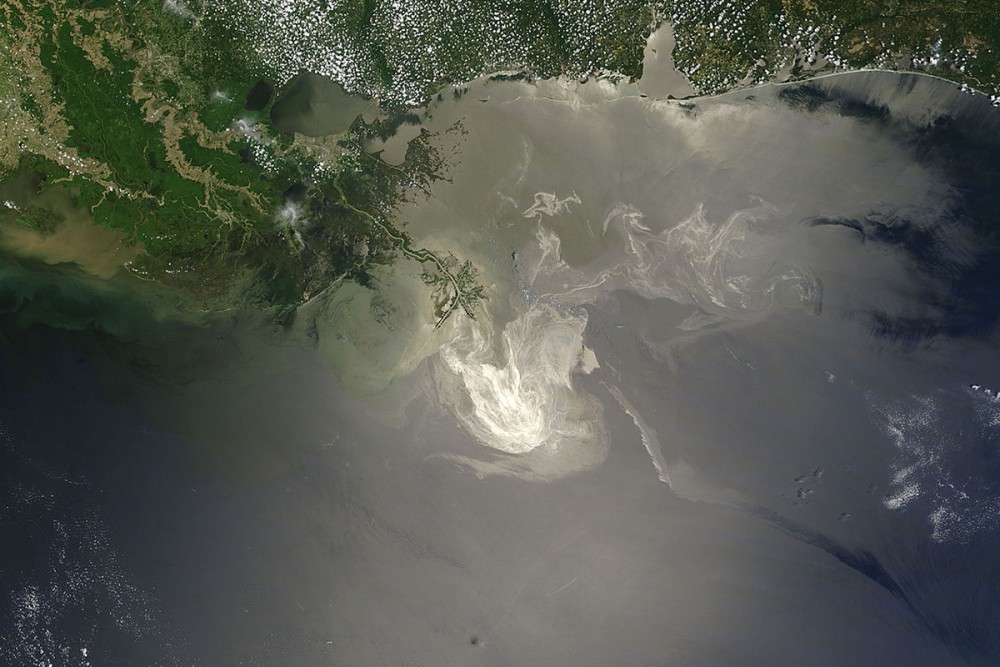The Biden administration’s offshore drilling bonanza is voluntary—and dangerous
It’s time for the president’s actions on fossil fuels to match his words.

In November, the Biden administration held an auction of oil and gas drilling permits for the Gulf of Mexico. It was the largest such auction in Gulf history: 80 million acres were offered up for extraction. This took place just four days after the climate summit in Scotland, where President Biden spoke plainly about the urgent need for bold action on climate change.
The Department of the Interior, the federal agency that held the auction, claimed that it had no choice. When Biden took office, his administration announced a general moratorium on new oil and gas drilling permits. But a group of states sued and won, and Biden officials claimed that this court ruling compelled them to sell the new permits.
The claim is misleading at best. The Guardian reports that the Justice Department issued a memo before the auction acknowledging that the ruling required only a lift on the overall moratorium—not that permits be issued at any particular rate. The administration created this offshore drilling bonanza voluntarily.




